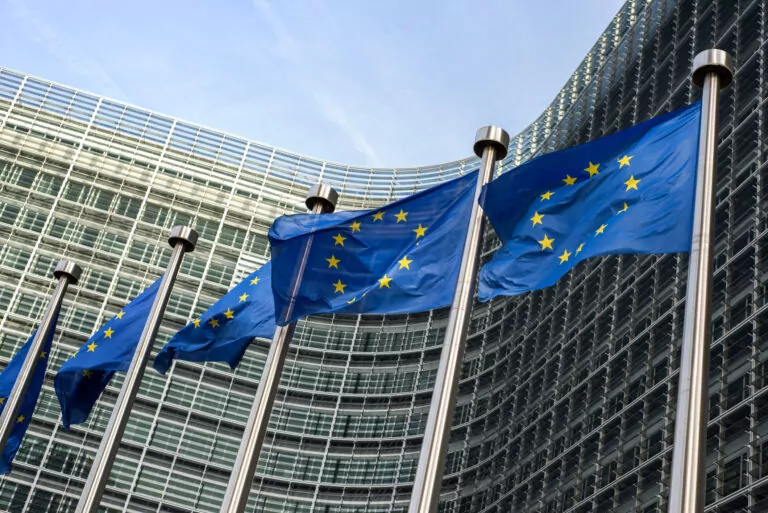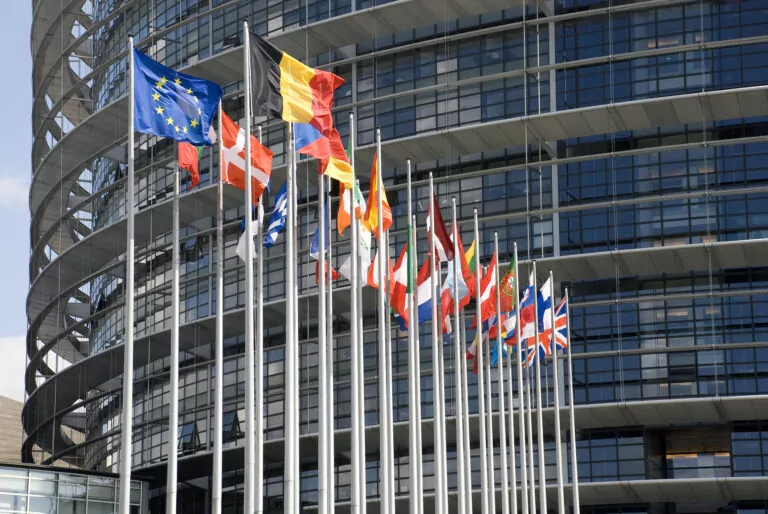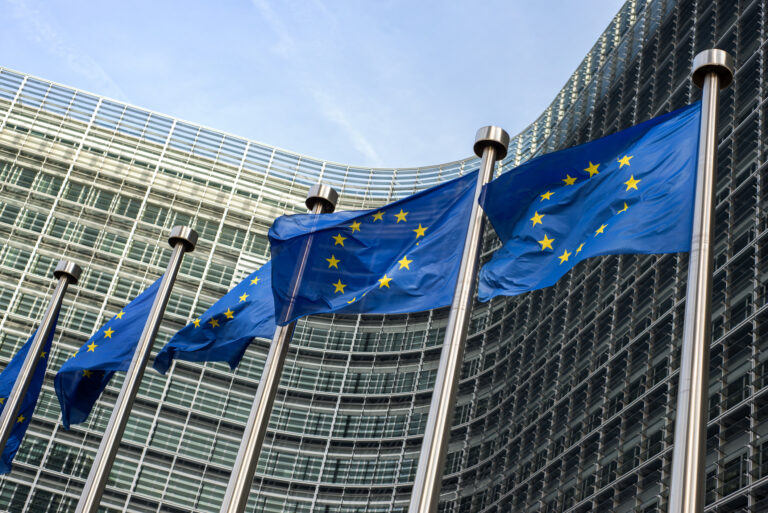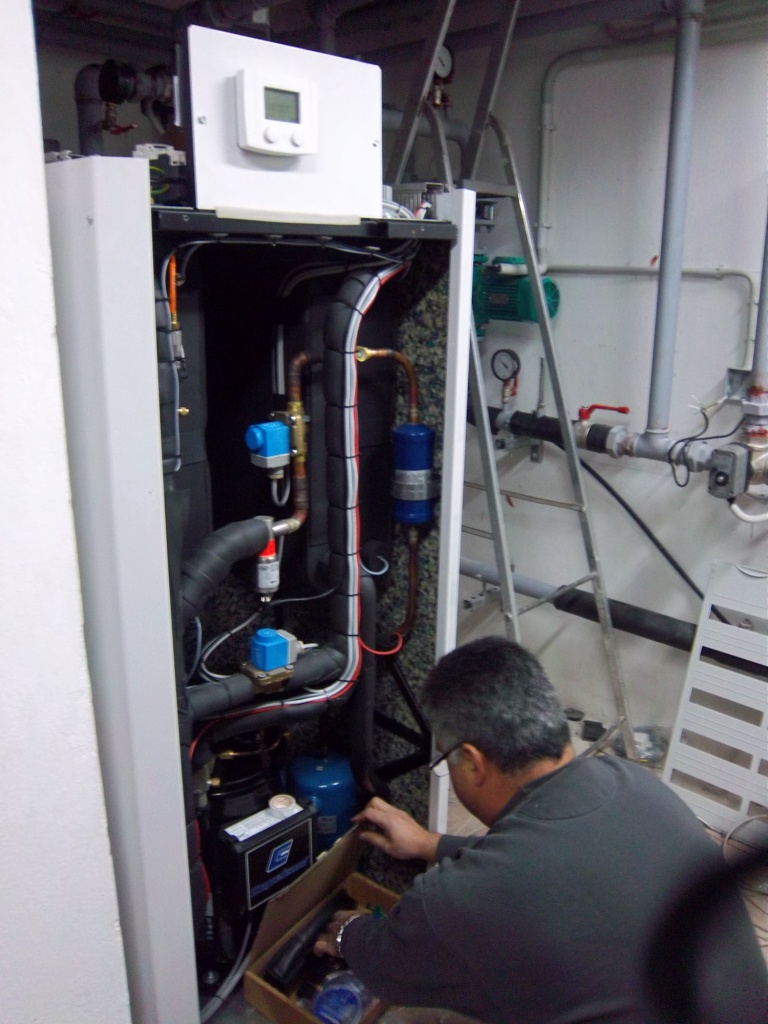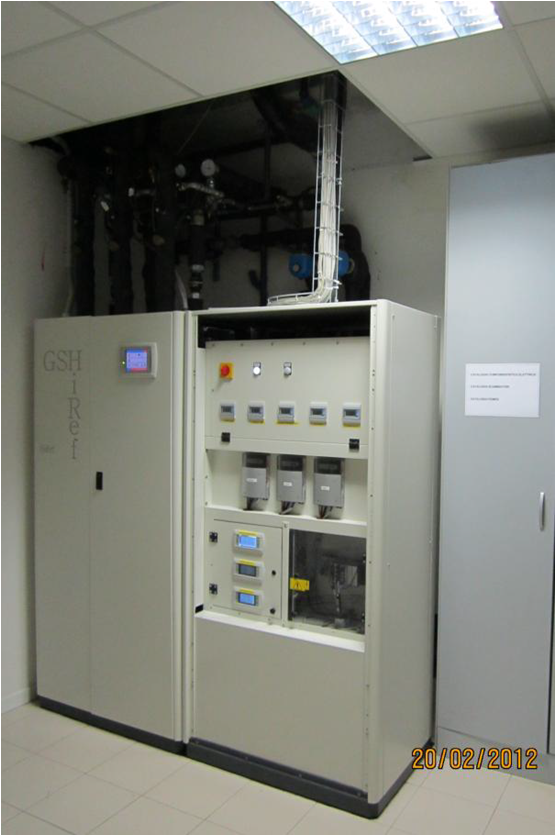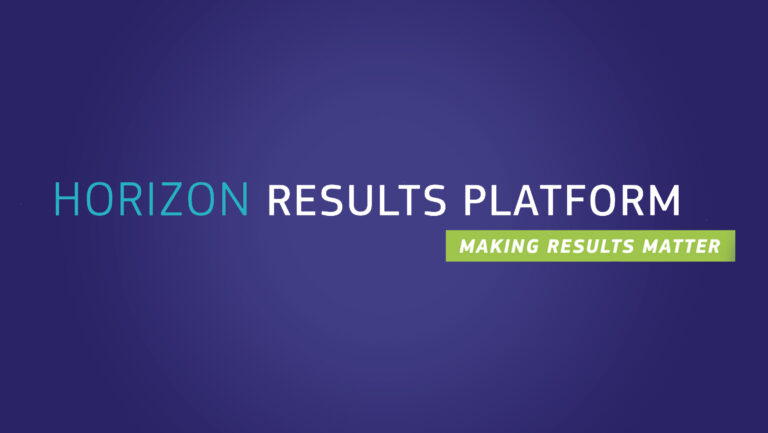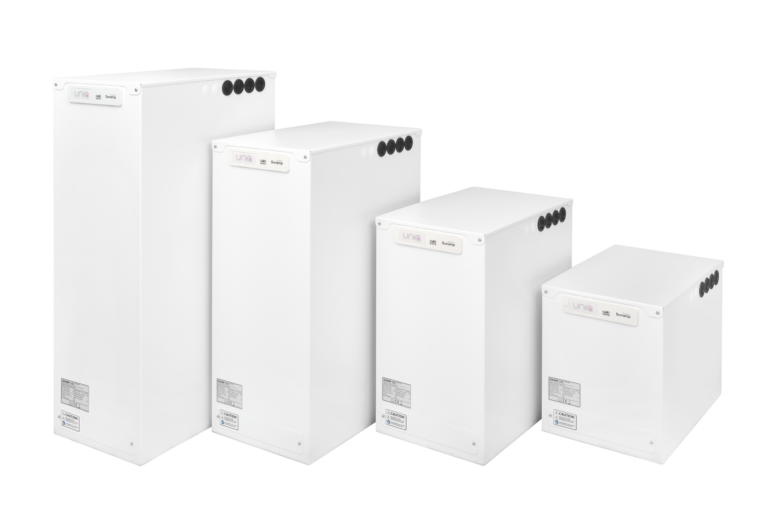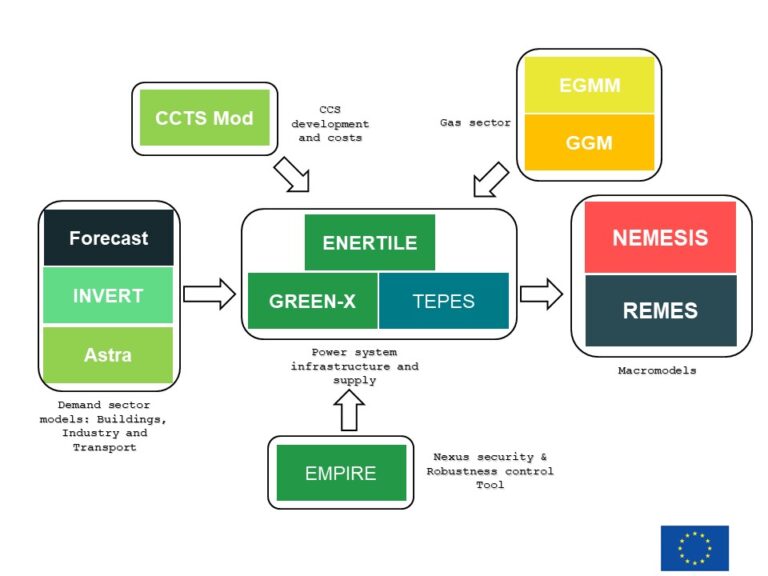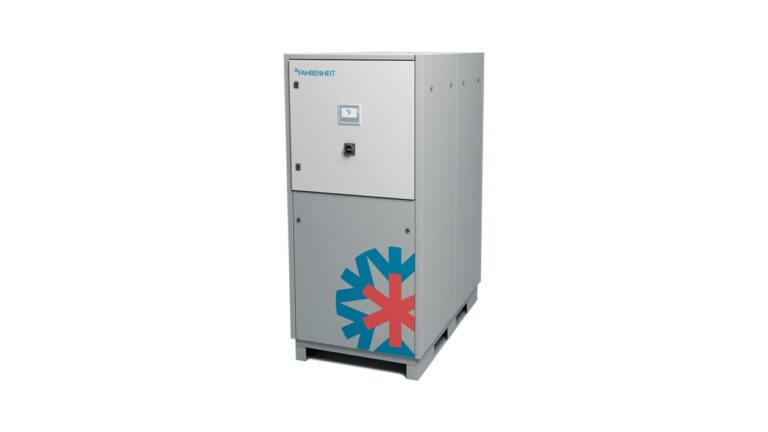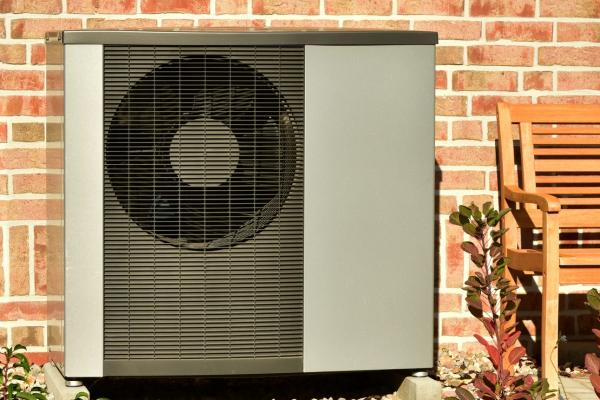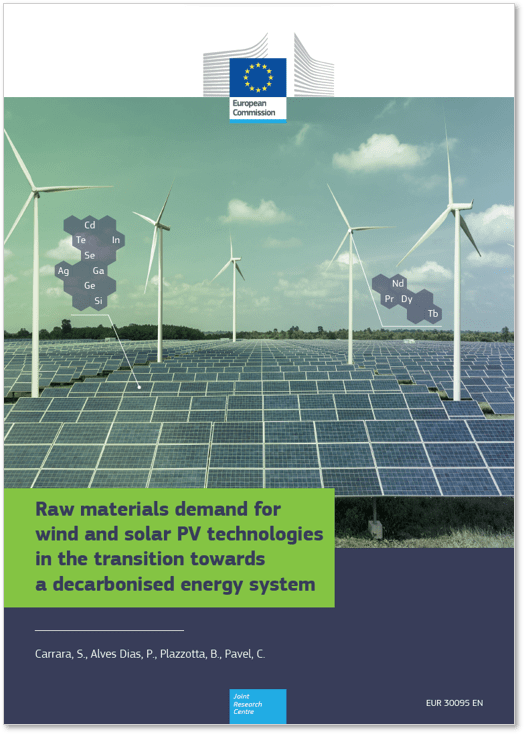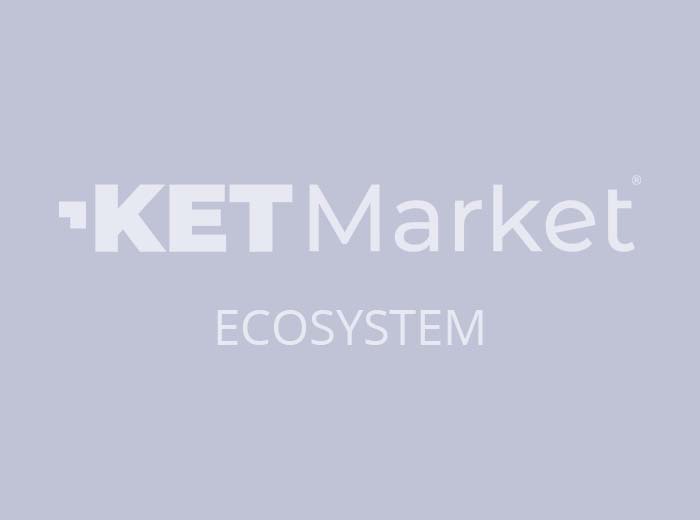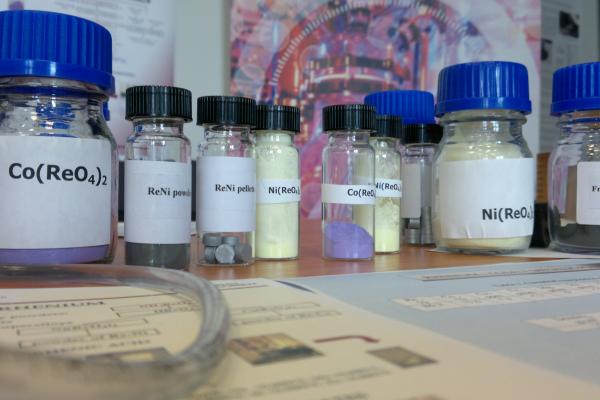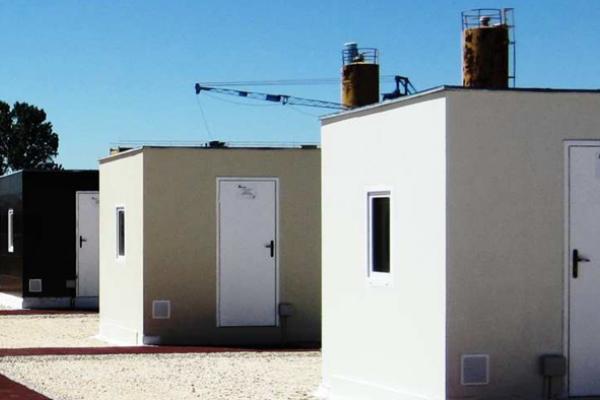Add to favorites:
Share:
Project results are expected to contribute to all of the following expected outcomes:
- Improved knowledge of regional pathways concerning the use of Ozone Depleting Substances and Fluorinated greenhouse gases (F-gases), options to mitigate this use, the resulting emissions, and how this interacts with the decarbonisation of the energy system;
- Improved modelling capacity regarding the use of Ozone Depleting Substances and F-gases in the refrigeration, air conditioning and heat pump sectors, in a manner that increases the availability to Parties to the Montreal Protocol[1] of modelling tools to inform them on policy options for an ambitious implementation of the Kigali Agreement[2], including a transition to natural refrigerants, and how this interacts with the decarbonisation of the energy system.
F-gases are the fastest growing group of greenhouse gas emissions globally. The Montreal Protocol resulted in decreasing use and emissions of Ozone Depleting Substances and will now also regulate a phasedown of hydrofluorocarbons (HFCs), representing the largest share of F-gas use, of which the majority is used in refrigeration, air conditioning and heat pump equipment.
The project should improve the knowledge base of F-gas use and emission pathways under baseline conditions (i.e., policies as they are today), pathways that meet the Kigali Agreement and pathways that outperform the Kigali Agreement. The development of these pathways should also include fluorinated greenhouse gases not regulated under the Montreal Protocol, in particular those covered by the Regulation (EU) 2024/573 on fluorinated greenhouse gases[3]. It should cover all main regions globally separating at least the countries that fall under Article 5 of the Montreal Protocol and those that do not, and preferably further disaggregating them within these two classes, taking into account for instance climate conditions. The development should assess the interaction with the energy system, notably related to the deployment of HFC-alternatives in refrigeration, air conditioning and heat pump equipment and its impact on energy efficiency, the deployment of sulphur hexafluoride (SF6) or its alternatives in electrical switch-gear. Possible impacts on emissions of per- and polyfluoroalkyl substances (PFAS) should be considered. The pathways should give detailed insights into the technologies available, including the use of F-gases-free alternatives.
Most F-gas emissions are related to the use in the refrigeration, air conditioning and heat pump (RACHP) equipment. This sector is projected to be one of the highest contributors to future global energy demand increases. The action should include the development of modelling tools that allow for the representation at national level of the use of F-gases and their alternatives at least in this RACHP sector, with a view to develop tools that would allow parties to the Montreal Protocol to assess at national level different options of mitigating HFC use, and the interaction with the decarbonisation of the energy system. The action should thus expand and improve the number of tools that can provide such detailed information at country level, including for the so called Article 5 Parties under the Montreal Protocol, in a manner that would improve the knowledge base for parties to implement specifically the Kigali Agreement to the Montreal Protocol as well as allow them to get insights in how to create synergies with the climate mitigation goals of the Paris Agreement, including the decarbonisation of the energy system.
All research outputs should be managed according to the FAIR principles[4]. Beyond open access to scientific publications and research data, open access to software, models, algorithms, workflows and protocols, cell lines, compounds, etc. is required.
All projects funded under this topic are strongly encouraged to connect, coordinate, and participate in networking, intercomparison and joint activities to exploit synergies and maximise complementarities. Activities on energy efficiency of equipment, on electricity grids or the safe use of chemicals would be of specific interest in this context. Projects should also envisage clustering activities with any other relevant projects (in and outside of Horizon Europe) for cross-projects cooperation and exchange of results. Proposals should earmark the necessary resources for these purposes.
[1] Montreal Protocol on Substances that Deplete the Ozone Layer
[3] Regulation - EU - 2024/573 - EN - EUR-Lex (europa.eu)
[4] FAIR (Findable, Accessible, Interoperable, Reusable).
Expected Outcome
Project results are expected to contribute to all of the following expected outcomes:
- Improved knowledge of regional pathways concerning the use of Ozone Depleting Substances and Fluorinated greenhouse gases (F-gases), options to mitigate this use, the resulting emissions, and how this interacts with the decarbonisation of the energy system;
- Improved modelling capacity regarding the use of Ozone Depleting Substances and F-gases in the refrigeration, air conditioning and heat pump sectors, in a manner that increases the availability to Parties to the Montreal Protocol[1] of modelling tools to inform them on policy options for an ambitious implementation of the Kigali Agreement[2], including a transition to natural refrigerants, and how this interacts with the decarbonisation of the energy system.
Scope
F-gases are the fastest growing group of greenhouse gas emissions globally. The Montreal Protocol resulted in decreasing use and emissions of Ozone Depleting Substances and will now also regulate a phasedown of hydrofluorocarbons (HFCs), representing the largest share of F-gas use, of which the majority is used in refrigeration, air conditioning and heat pump equipment.
The project should improve the knowledge base of F-gas use and emission pathways under baseline conditions (i.e., policies as they are today), pathways that meet the Kigali Agreement and pathways that outperform the Kigali Agreement. The development of these pathways should also include fluorinated greenhouse gases not regulated under the Montreal Protocol, in particular those covered by the Regulation (EU) 2024/573 on fluorinated greenhouse gases[3]. It should cover all main regions globally separating at least the countries that fall under Article 5 of the Montreal Protocol and those that do not, and preferably further disaggregating them within these two classes, taking into account for instance climate conditions. The development should assess the interaction with the energy system, notably related to the deployment of HFC-alternatives in refrigeration, air conditioning and heat pump equipment and its impact on energy efficiency, the deployment of sulphur hexafluoride (SF6) or its alternatives in electrical switch-gear. Possible impacts on emissions of per- and polyfluoroalkyl substances (PFAS) should be considered. The pathways should give detailed insights into the technologies available, including the use of F-gases-free alternatives.
Most F-gas emissions are related to the use in the refrigeration, air conditioning and heat pump (RACHP) equipment. This sector is projected to be one of the highest contributors to future global energy demand increases. The action should include the development of modelling tools that allow for the representation at national level of the use of F-gases and their alternatives at least in this RACHP sector, with a view to develop tools that would allow parties to the Montreal Protocol to assess at national level different options of mitigating HFC use, and the interaction with the decarbonisation of the energy system. The action should thus expand and improve the number of tools that can provide such detailed information at country level, including for the so called Article 5 Parties under the Montreal Protocol, in a manner that would improve the knowledge base for parties to implement specifically the Kigali Agreement to the Montreal Protocol as well as allow them to get insights in how to create synergies with the climate mitigation goals of the Paris Agreement, including the decarbonisation of the energy system.
All research outputs should be managed according to the FAIR principles[4]. Beyond open access to scientific publications and research data, open access to software, models, algorithms, workflows and protocols, cell lines, compounds, etc. is required.
All projects funded under this topic are strongly encouraged to connect, coordinate, and participate in networking, intercomparison and joint activities to exploit synergies and maximise complementarities. Activities on energy efficiency of equipment, on electricity grids or the safe use of chemicals would be of specific interest in this context. Projects should also envisage clustering activities with any other relevant projects (in and outside of Horizon Europe) for cross-projects cooperation and exchange of results. Proposals should earmark the necessary resources for these purposes.
[1] Montreal Protocol on Substances that Deplete the Ozone Layer
[3] Regulation - EU - 2024/573 - EN - EUR-Lex (europa.eu)
[4] FAIR (Findable, Accessible, Interoperable, Reusable).
Partner Requests
Explore Real Collaboration Opportunities
🔍 As a logged-in member, you now have exclusive access to all active Partner Requests for this Funding Call.
See who’s looking for collaborators, explore exciting project ideas, and discover how others are planning to make an impact.
💡 Use these insights to get inspired—or take the next step and start a request of your own (3 entries for free).
Log in or registrate here for free.
You must be logged in to submit or manage a partner request.
Ask our experts about this call
Connect with the Listing Owner!
💬 Please log in now to send a direct message to our experts and ask your questions. Not a member yet? Sign up for free and start connecting today!
Related Funding and Finance Opportunities
Unlock Exclusive Funding Opportunities!
🔑 Get instant access to tailored funding opportunities that perfectly match your needs. This powerful feature is exclusively available to our premium members—helping you save time, stay ahead of the competition, and secure the right funding faster.
Upgrade to Premium now and never miss an important opportunity again! Already a premium member? Log in here to explore your matches.
Related Innovation Offers
Related Knowledgebase Resources
Discover More with Premium: Related Knowledge Resources
🔒 You’re missing out on expert-curated knowledge specifically matched to this topic. As a Premium member, you gain exclusive access to in-depth articles, guides, and insights that help you make smarter decisions, faster.
Whether you’re preparing a funding proposal, researching a new market, or just need reliable information—our Premium knowledge matches save you hours of research and point you directly to what matters.
Upgrade to Premium now and instantly unlock relevant knowledge tailored to your needs! Already a member? Log in here to view your personalized content.







